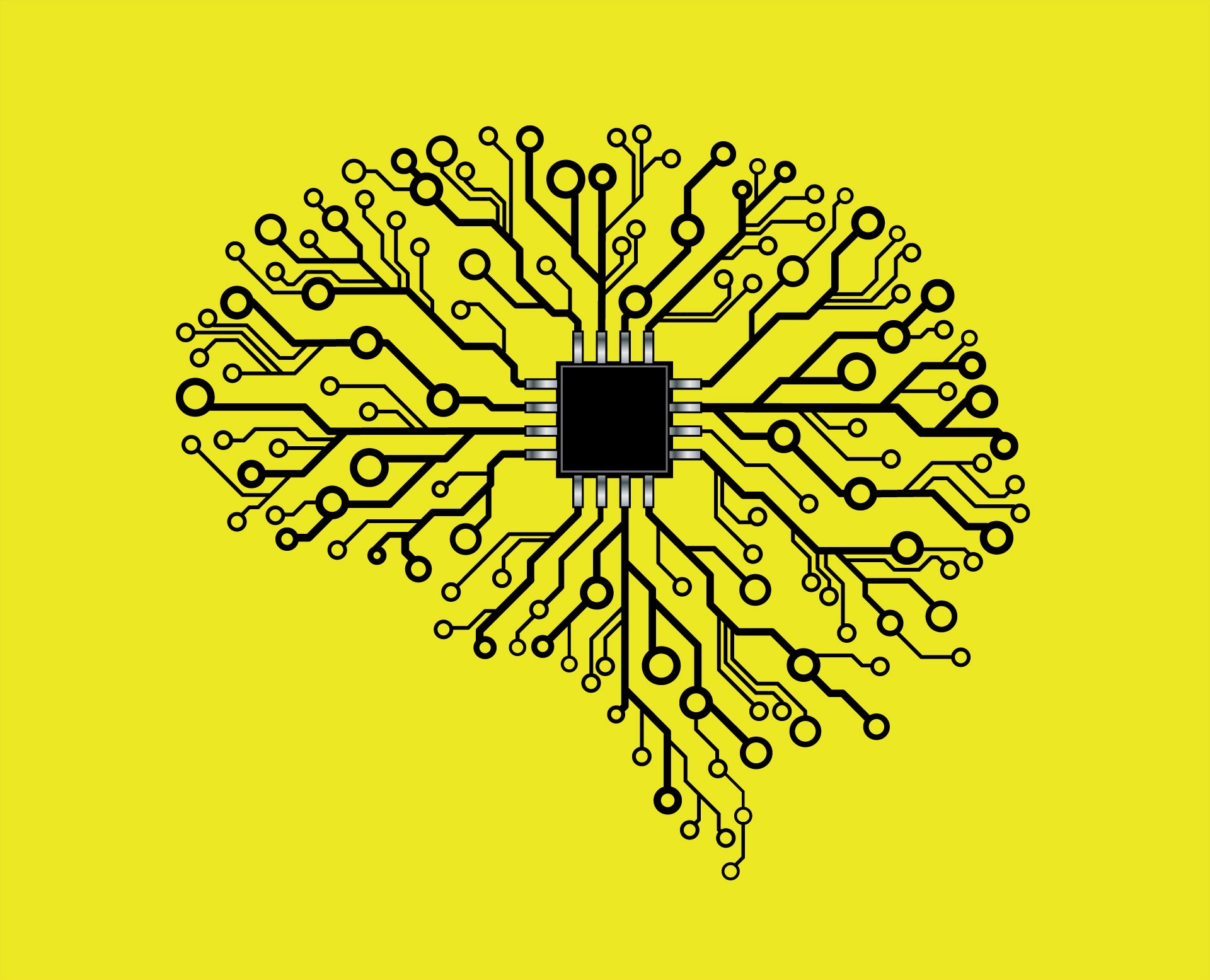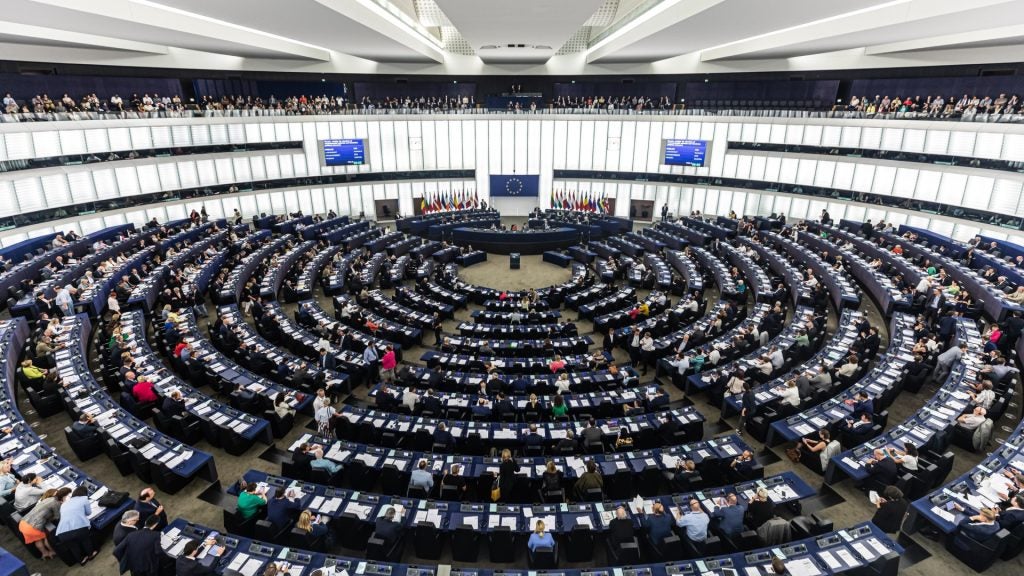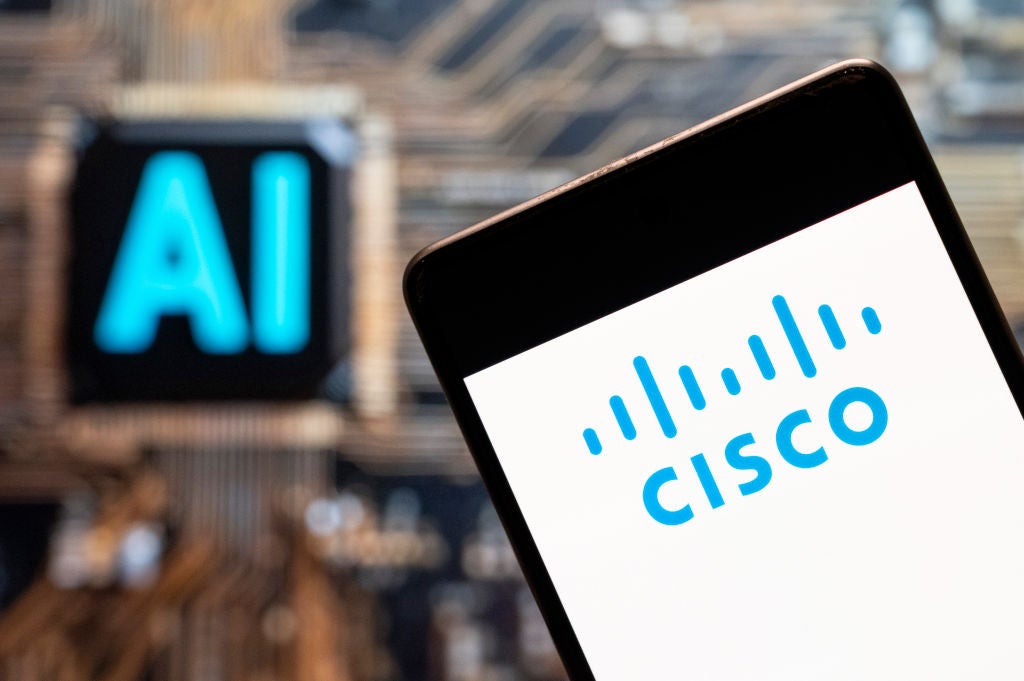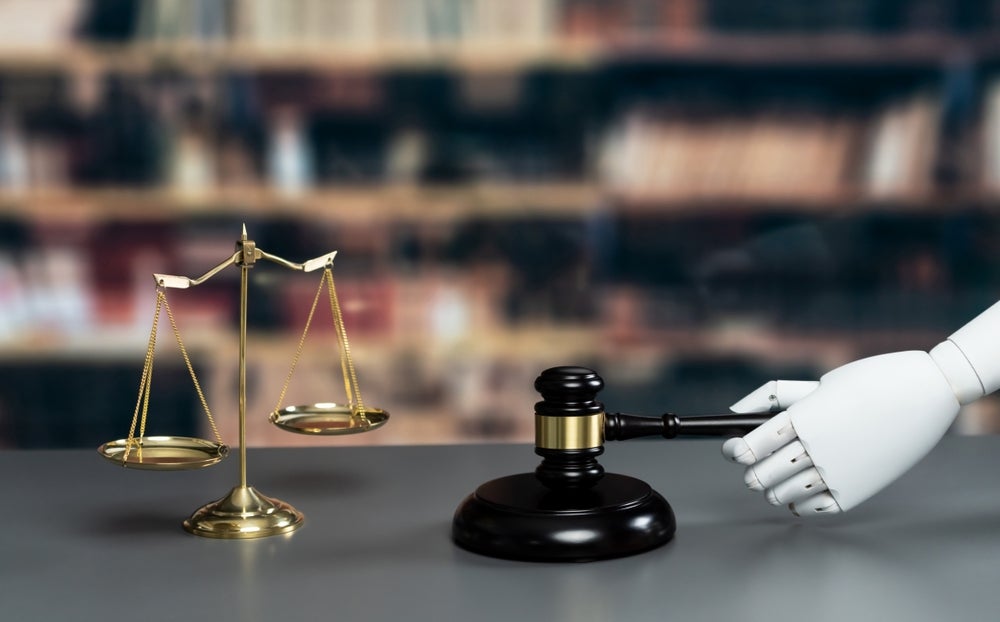
Artificial intelligence (AI) is not going to result in widespread unemployment but will cause a slow transformation of our lives at work, according to Oxford University economist and author Dr Daniel Susskind.
Speaking at the Advanced World conference last week, Susskind argued that automation would change work rather than render it a thing of the past.
“There’s this AI fallacy where we believe the only way machines can be intelligent is through replicating human skills,” he said, during a keynote entitled A World Without Work.
“The reality is most jobs can’t be fully automated. According to McKinsey, just 5% of occupations can be 100% automated yet people are focusing on just this headline figure. The same research also shows about 60% of all occupations have at least 30% of tasks that could be automated.
“So, rather than talking about AI replacing jobs, we should actually be breaking these jobs down into tasks and determining which of these can be automated through AI. More often than not, the tasks that can be automated are often routine and do not require creativity.”
AI at work: Changing roles require changing training
Susskind, who is also the author of the book A World Without Work and co-author of The Future of the Professions, acknowledged that AI would have a significant impact on those in office environments.
How well do you really know your competitors?
Access the most comprehensive Company Profiles on the market, powered by GlobalData. Save hours of research. Gain competitive edge.

Thank you!
Your download email will arrive shortly
Not ready to buy yet? Download a free sample
We are confident about the unique quality of our Company Profiles. However, we want you to make the most beneficial decision for your business, so we offer a free sample that you can download by submitting the below form
By GlobalData“We’ve seen AI impact blue-collar workers in industries like agriculture and manufacturing with a phenomenal increase in output and decrease in employment. Now, white-collar workers are equally at risk as there are tasks that can be automated,” he said.
“However, we are not going to see mass unemployment. AI performs tasks fundamentally differently from humans. Ultimately, it has ways of being smart that aren’t smart like us.”
He argued that employers and employees concerned about the impact of AI at work should focus on changing how training works, moving away from learning how to do specific tasks and instead towards building or setting rules for AI.
In this way, employees will have the tools to automate their own tasks and increase their productivity, an approach that Advanced CEO Gordon Wilson agrees with.
“AI is a challenge but it’s also an opportunity. As Daniel rightly says, we need to look at the tasks, not the jobs,” he said.
“AI can automate tasks to free up people’s time to focus on non-routine tasks – and those that require creativity and judgement – which is especially valuable in industries like the NHS where there is a major shortage of medical professionals. What’s more, by giving time back to the workforce, they are able to better serve their clients – whether patients, students or customers.”
Read more: The future feeling economy: “If humans want jobs, they better get good at feeling”







